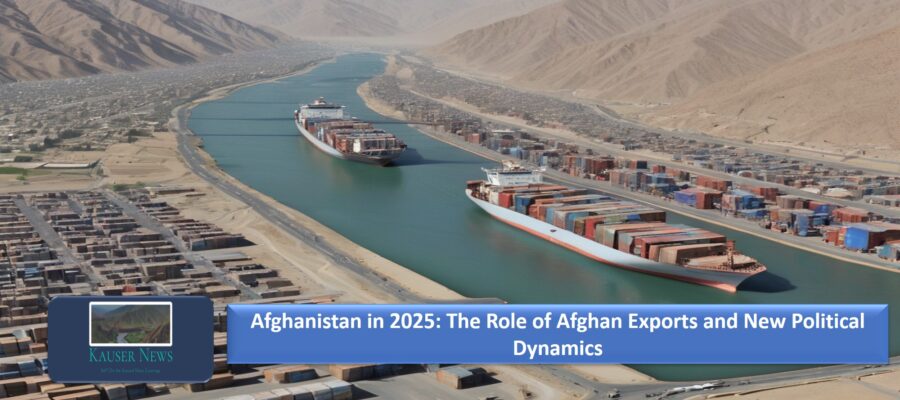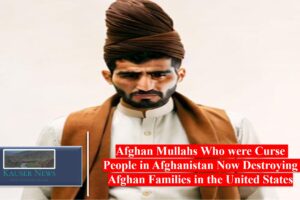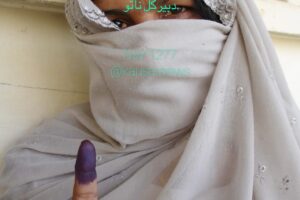Afghanistan’s future, particularly by 2025, hinges on navigating a complex political landscape and leveraging economic avenues like exports to stabilize and grow. As the country grapples with its tumultuous past and uncertain present, the emergence of a new political generation, supported by strategic economic initiatives, holds the key to a brighter future.
The political scenario in Afghanistan by 2025 is anticipated to be markedly different from what it has been in the previous decades. Historically dominated by the Mujahideen leaders and marred by internal conflict and foreign interventions, Afghanistan’s governance has been in a state of flux, as we look towards 2025, a significant shift is expected with the possible unification of various political factions under a new governance model.
Both the United States and other international actors are likely to play crucial roles in this transformation. Drawing lessons from the policies of former Presidents George W. Bush and Donald Trump, there is a likelihood that efforts will be made to integrate the Taliban and other political factions, excluding the Mujahideen leaders, into a single governing entity. This approach aims to establish a more stable and inclusive government that can effectively manage the country’s diverse challenges.
Economic stability is paramount for Afghanistan’s future, and exports will be crucial in this regard. Afghanistan is rich in natural resources, including minerals such as lithium, copper, and rare earth elements, which are in high demand globally. By 2025, if properly harnessed, these resources could significantly contribute to the country’s economic growth.
- Mineral Exports: With the global push towards green energy, the demand for lithium, a key component in batteries, is soaring. Afghanistan’s vast lithium reserves present a unique opportunity to become a significant player in this market. Establishing robust mining operations and export channels can bring substantial revenue to the country.
- Agricultural Products: Afghanistan’s agricultural sector, particularly saffron, fruits, and nuts, has the potential to penetrate international markets further. Enhancing agricultural productivity and improving supply chains can help Afghan products gain a competitive edge globally.
- Handicrafts and Carpets: Traditional Afghan handicrafts and carpets are renowned for their quality and craftsmanship. By promoting these through international trade fairs and e-commerce platforms, Afghanistan can tap into niche markets willing to pay a premium for authentic, handmade goods.
The integration of the Taliban and the rise of a new political generation without the dominance of Mujahideen leaders signify a transformative era for Afghanistan. This new generation, potentially educated abroad and bringing fresh perspectives, will be pivotal in shaping a modern, inclusive governance framework.
- Education and Capacity Building: Investing in education, particularly in fields like public administration, international relations, and economics, will empower the youth to take on leadership roles. Scholarships, exchange programs, and international collaborations can play a significant role in this capacity-building effort.
- Inclusive Governance: An inclusive government that represents various ethnic and political factions can ensure broader support and stability. This model can also mitigate internal conflicts and foster a sense of national unity.
- International Support and Diplomacy: Continued international support, both in terms of diplomatic backing and economic aid, will be essential. Establishing strong diplomatic ties and participating actively in international forums can help Afghanistan secure the necessary support to navigate its challenges.
Afghanistan stands at a crossroads, with the potential to redefine its future through political reconciliation and economic revitalization. The anticipated unification of political factions, excluding the traditional Mujahideen leaders, under a single government, represents a significant shift towards stability. Concurrently, focusing on exports, particularly in minerals, agriculture, and handicrafts, can drive economic growth.
The synergy between a new political generation and robust economic strategies will be crucial for Afghanistan to navigate its path towards a peaceful and prosperous future.





